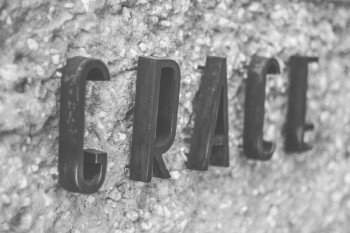“It is impossible to live at peace with those we regard as damned.”
When these words were written by Genevan philosopher Jean-Jacques Rousseau in the 1700s, churches claiming exclusive access to salvation dominated much of the Western world. He spoke of the seeming impossibility of religious freedom when Christian denominations still warred in this life and condemned each other to eternal torment in the next. Not for another 200 years in the latter half of the 20th century, for example, would the Roman Catholic Church make peace with the American experiment in religious freedom.
Christians no longer kill each other in the name of Christ. And denominations aren’t so quick to anathematize, even when they disagree on important doctrine. But Roussseau’s concern remains. Only now it’s the disciples of Rousseau who aren’t sure they can live at peace with those they regard as damned—or at least as intolerant bigots. They fight their enemies with the authority of federal courts, tenure committees, and executive orders. And Christians are often on the losing side.
Professor John Inazu says of the United States today, “We lack agreement about the purpose of our country, the nature of the common good, and the meaning of human flourishing.” But he seeks to build such legal and social agreement in his new book, Confident Pluralism: Surviving and Thriving through Deep Difference, published by University of Chicago Press [review]. Inazu teaches law and political science at Washington University in St. Louis. He joined me on The Gospel Coalition Podcast to discuss his hope for cooperation and compromise in our divided and distressed society. Pay particular attention to his explanation for why the way we lose matters.
You can stream this episode of The Gospel Coalition podcast here.





